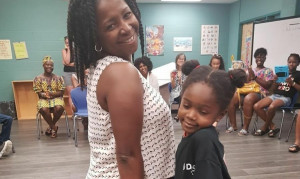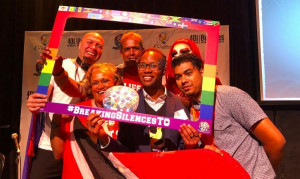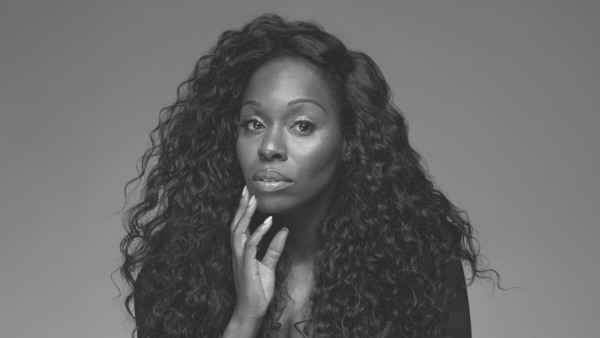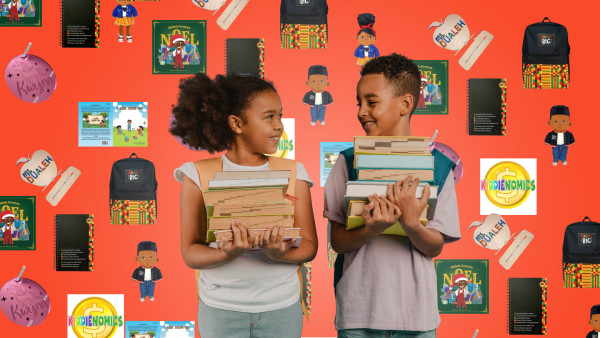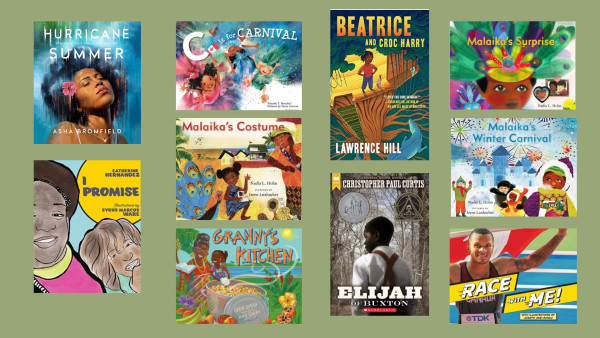So earlier this year, when I learned there would be a panel discussion on adoption at the second annual Black Moms Connection Conference, I eagerly hopped into an Uber to meet my tribe.
I spoke with a group of phenomenal women who have chosen the path of adoption and fostering as a solution to the ongoing issue of black children in care. These mompreneurs and advocates are passionate about creating safe spaces for the most vulnerable members of our community.
Janet Murphy’s choice to adopt was triggered by the loss of her father in 2013 and the realization that she was approaching her 40’s, single and childless. Determined to be a mother by any means necessary, she began fertility treatments and the adoption process simultaneously.
“I said to myself, one of these are gonna stick and whatever God has in his plan, that’s what gonna happen. I have one year to get pregnant. That’s all I can give myself cause I cannot take the hormones and the invasion. So I was on my last round in January and as I was waiting for that final test result I got a call from CAS to say that I was a match. It happened all at the same time. I was not pregnant and there was a reason for that.”
Janet soon learned the child was born 26 weeks premature, and might never walk. His movements were limited to rolling onto his stomach. Although hesitant, she decided to get as much information as possible from the medical team before making her decision. When the time came to meet the baby at the foster home, it only took a moment to make up her mind.
And I just looked at him and I said, I’m not leaving. That was it. You are coming home with me.
"That night I went home, signed the papers and sent it in. I said, this child is mine and he needs to come home with me.”
She took a year off work to dedicate her time to her son and through her benefits, tried every medical treatment in hopes of improving his condition. A week after his appointment with an osteopath, her son was standing independently for the first time. Today, he is almost three years-old and is a healthy, active child who attends a Montessori school where he’s thriving. Her son had an instant connection with her immediate and extended family who constantly shower him with love and attention. Especially his grandmother, whose bed he prefers sleeping in. Janet says she is thankful she chose not to put her life on hold waiting for Prince Charming to arrive.
My advice is, if you have the resources and the means, why are you waiting for a man?
"If you are waiting for a man and that man is supposed to be in your life he will come and he will accept whatever is on your plate, wholeheartedly. That’s kinda how I’ve reconciled it with myself.”
Toronto’s Children’s Aid Society found that despite being only 8.5% of the city’s population in 2013, black children made up 41% of those in care.
However, Tina Garnett, a Black Education Awareness Coordinator, and former CAS worker, argues the numbers are higher.
She estimates approximately 60% of Crown Wards are African-Canadian and states agencies deliberately chose to exclude the data of bi-racial children with white mothers.
The issue of over-representation was brought to the forefront by The Toronto Star which led to a landmark report in 2016, entitled One Vision, One Voice. The second phase of OVOV includes a practice framework with 11 initiatives to confront anti-black racism and eliminate the high rate of black families in Ontario’s child welfare sector.
These disturbing facts are the reason why Chantal Amersterdam and her husband have adopted two brothers and are currently fostering a third sibling in hopes of adoption.
The blogger and graphic designer believes their life-changing decision is a form of activism.
“It’s about taking back our communities, because these children who don’t get adopted, stay in the system, age out and replicate their situations when they have children. It’s not uncommon to have children who have been in care to have children who end up in care. As a community we can say that’s not our business, but it is our business, because our son could come home and tell us that he impregnated someone who aged out in the system.”
Amsterdam says speaking at the panel was the first time she shared her personal story with an audience. She’s hoping to reframe the concept of adoption.
“Adoption has always been part of our culture. We just never called it adoption. I think of my aunt in Barbados. She raised all her grandchildren. In the islands, people took over parenting of other people’s children all the time. It is our problem. We have to recognize the fact that it’s finally being acknowledged. It’s not us just talking about it. We have a report and an entire organization. We have people working within the Children’s Aid Societies, whose purpose it is, to open the door and find solutions and make it happen. So we have to take advantage of it. It’s an opportunity to change the landscape of our community in a short period of time.”
The Adoption Resource Exchange Conference is a bi-annual event organized by The Ministry of Children and Youth Services. Adoptive parents and the general public can view written profiles and videos of children available for adoption. The next ARE is on November 11, 2018.
For more information:
Adoption Council of Ontario
https://www.adoption.on.ca/
One Vision One Voice
http://www.oacas.org/what-we-do/onevisiononevoice/
Ministry of Children Community and Social Services
http://www.children.gov.on.ca/htdocs/English/adoption/how/conference.aspx
Chantal Amersterdam’s Blog
www.anointedmom.com
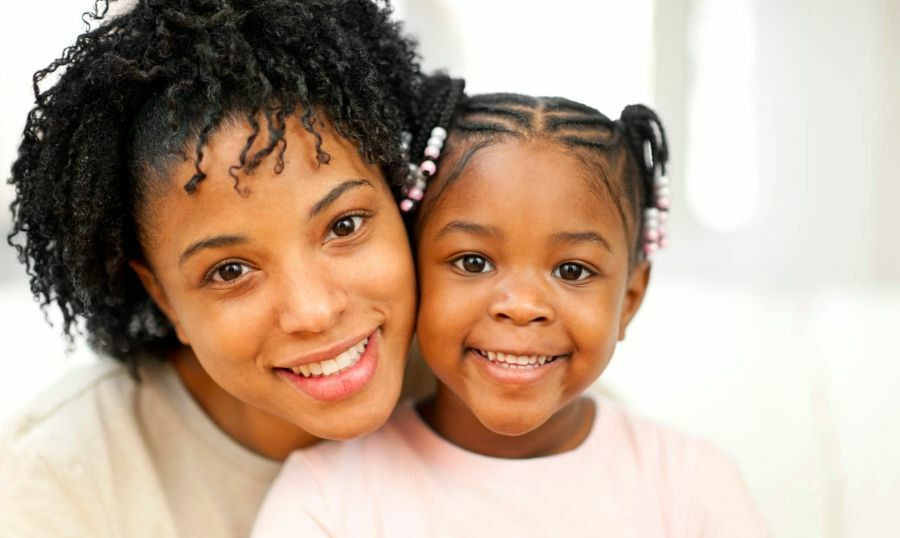
 By True Daley
By True Daley 

